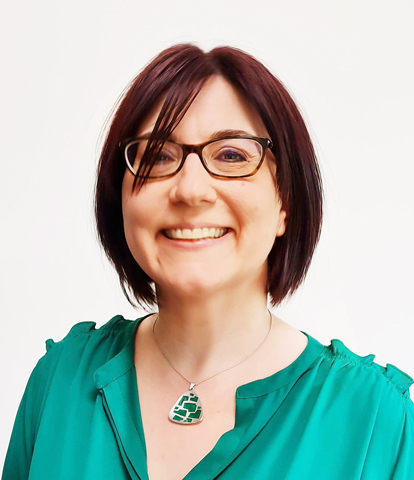Charity, Health, Education, Other
How much brand research is enough?
Here at IE Brand it’s our firm belief that any rebrand MUST be led by the research. In this article adapted from our white paper “Not-for-profits: why, when, and how to rebrand”, David Crichton takes a look at why research is important for any charity, health or education organisation, and just how much research is enough.

A rebrand should only ever be considered after first gaining strategic and operational clarity.
First establish why you exist, what you intend to do, who your key target audiences are, and maybe even who else is operating in the space you intend to occupy and how you are different to them.
Approaching a potential rebrand, you must have a clear answer to the questions ‘why’ and ‘why now’? You must be able to describe the gap between the current position and your desired position. Use these arguments to gain the buy-in of trustees and the senior management team.
If you’re thinking of bypassing these big questions and any stakeholder research, and simply plumping for a superficial change of logo – then it’s better not to do anything at all.
Do it right – or just don’t do it.
Why research is important
Fundamentally, research enables you to take your stakeholders with you on your journey. It de-risks the process: by listening to your stakeholders, and translating that insight into the work that follows, you greatly reduce the risk of a backlash – both externally and internally. You’ll be able to demonstrate that you’ve asked the world for their feedback, and that you listened and acted accordingly.
There’s a time and a place for creative thinking, and acting on a hunch, but it provides precious little recourse further down the line, if things go awry.
Test internal assumptions
It’s fair to say that research can be a rich mine of insight, that’s critical to the success of any brand project. Or, it can be a bottomless pit. If you’ve even begun to think about a budget for your rebrand, whatever figure you arrive at, you could spend all of it, and more, on research.
We advise our charity clients to only spend as much as is needed on research to thoroughly test and challenge any internal assumptions. Your internal teams often have a surprisingly thorough knowledge of stakeholders’ needs, and this insight should not be underestimated or overlooked.

So at IE Brand, we begin by dredging these internal stakeholders of their knowledge and insight. Then we speak to the outside world to test those internal assumptions. It’s a really effective way to optimise a limited research budget. If internal audiences are telling us what they think the problem is, and we’re hearing exactly the same thing from the outside world, that’s a fairly good indicator you’re hearing the truth.
Likewise, if there’s a big gap between what a client thinks they’re going to hear, and what the world actually tells us, you’ll need to follow that trail until you discover the truth. This may mean commissioning more research until a clearer understanding of the issues is reached.
Quantitative vs. Qualitative
Qualitative research (qual) is softer, and more personal. It typically involves diving more deeply into people’s opinions by actually speaking to individuals or small groups, either in person through interviews or focus groups, or by telephone/video conferencing.
Quantitative research (quant) has it’s place too of course, but our strong advice is that a little qual tends to generate far more valuable insights than loads of quant. In an ideal world you’d do some of both.
Don’t re-invent the wheel
There are a remarkable number of organisations in the UK commissioning research that overlaps with one another. Before you commission new market research, do check whether any other body has already undertaken any work that may feed into your project. And check for any data or stats that might be routinely collected, that may supplement this work.
One final note of caution
Whatever you do, and whoever you speak to, always remember one golden rule: Don’t ask anybody’s opinion if you’ve no intention of listening to what they have to say.
It’s a waste of your time and theirs, and it’s deeply frustrating and offensive for the participant. If they have no interest in or influence on the project, you’re best to keep them at a distance until it’s time to positively share progress.
The Golden Rule: Don’t ask anybody’s opinion if you’ve no intention of listening to what they have to say. It’s a waste of your time and theirs. If they have no interest in or influence on the project, you’re best to keep them at a distance until it’s time to positively share progress.
David Crichton
Creative Director & Brand Consultant, IE Brand




